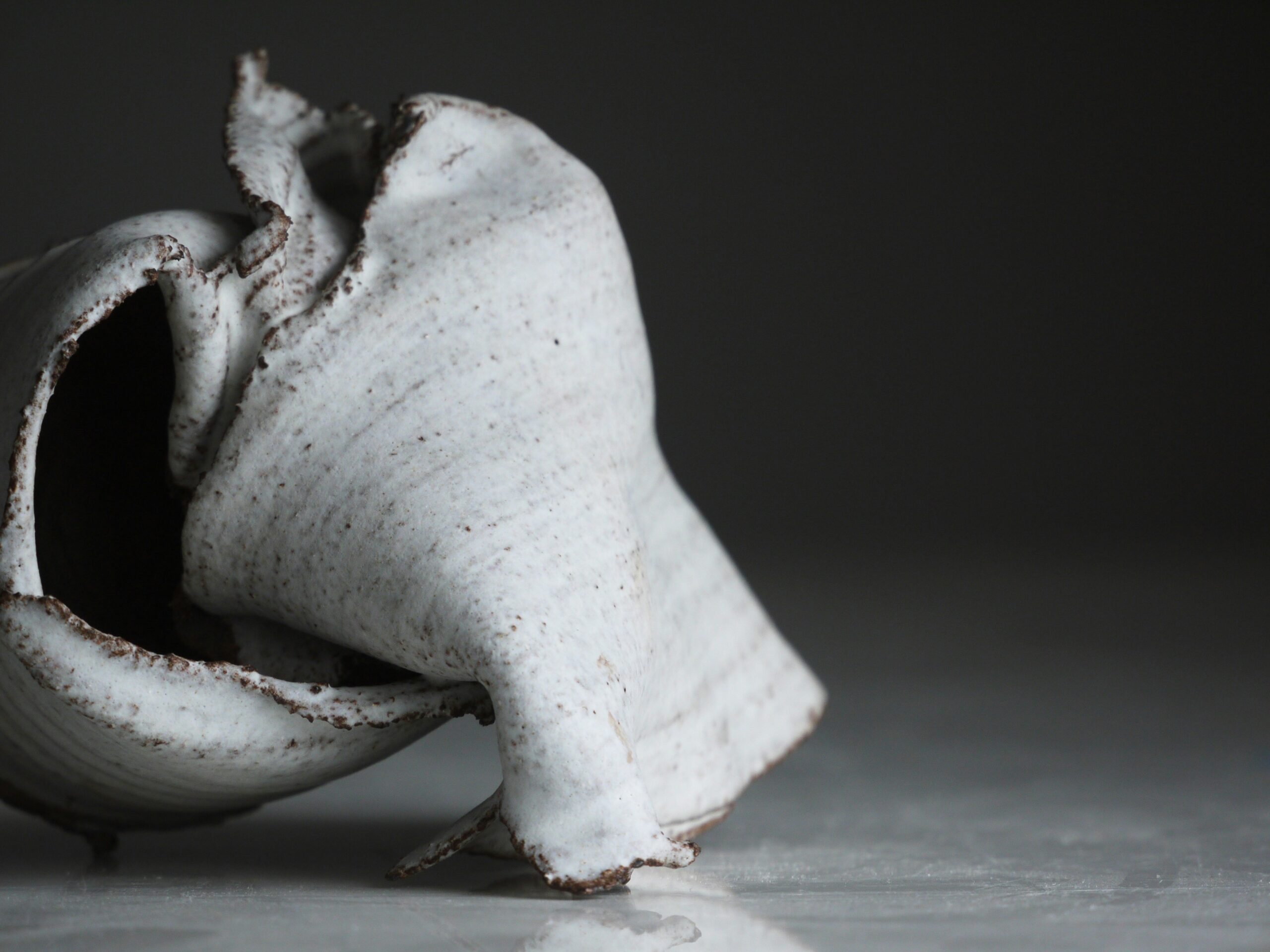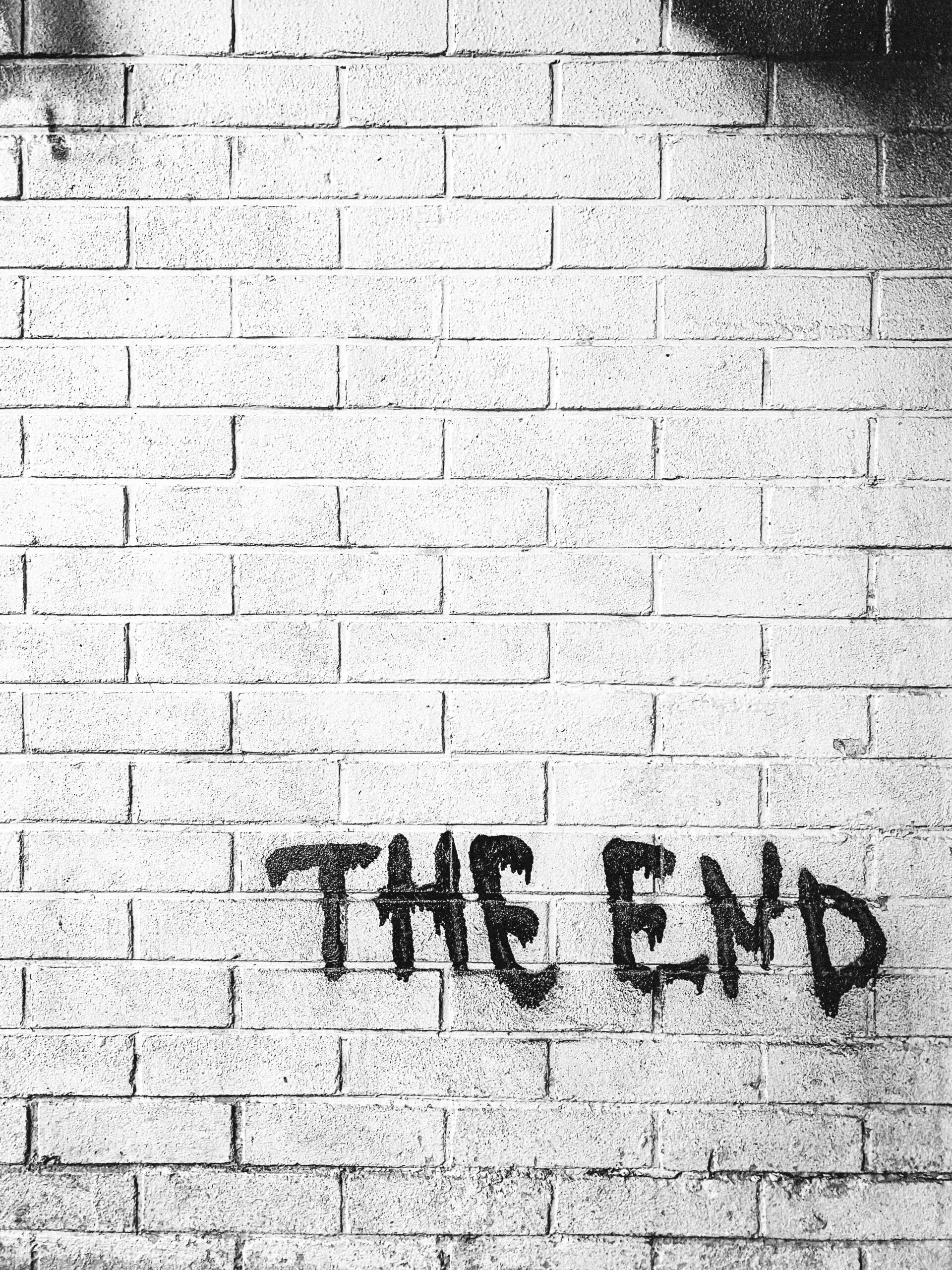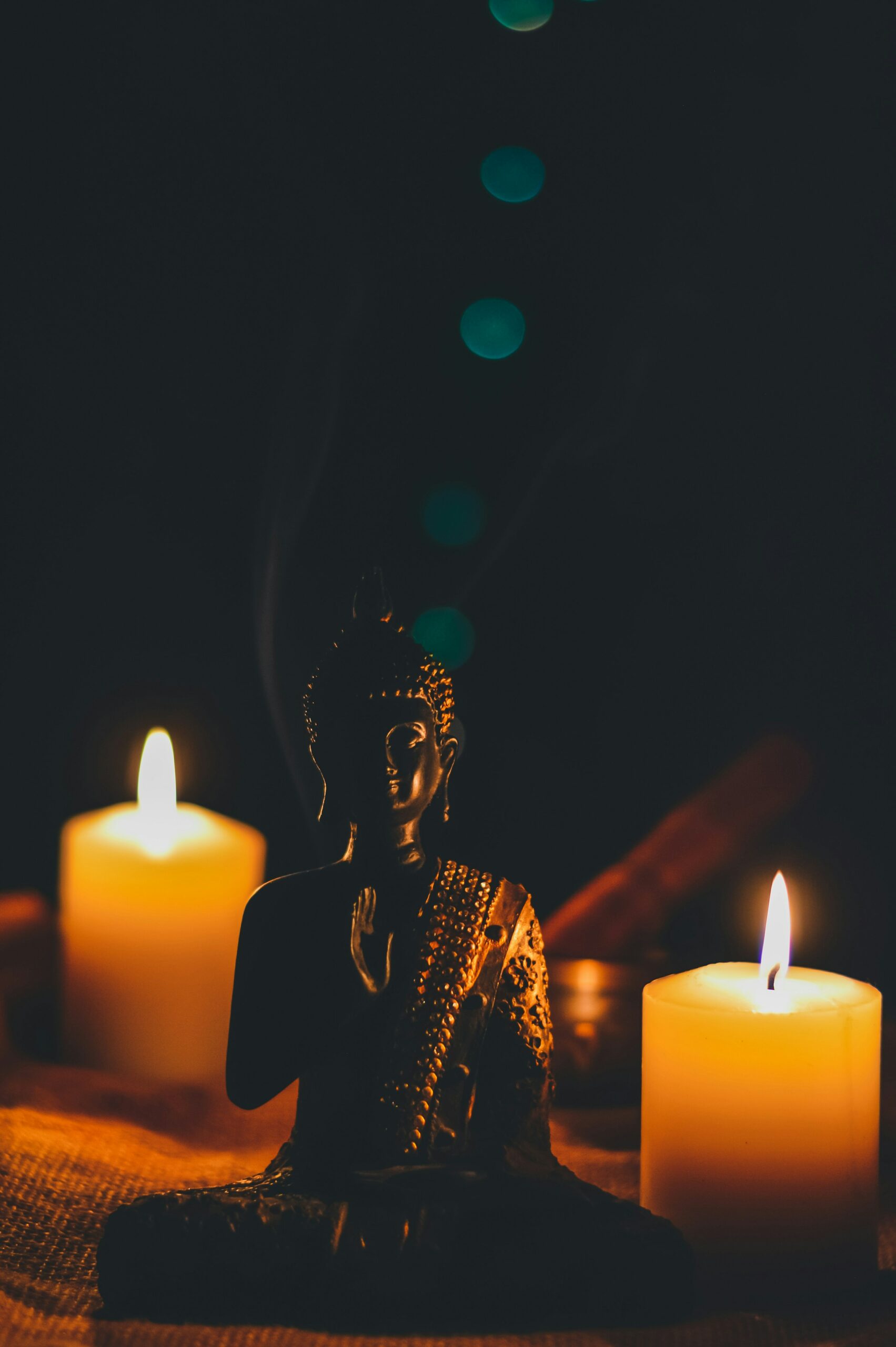
I want to start with a disclaimer, but I want to encourage you to keep reading anyway. I am not an expert, medical or otherwise, on insomnia. I’m just some dope who has suffered with insomnia most of my adult life. Plus, I have access to several internet search engines. Insomnia and search engines are a dangerous combination, to be sure, but I have tried to use them responsibly. As for why you should keep reading, sometimes non-experts, especially those with experience, have something worthwhile to say.
Is insomnia a mental illness? On some level, that’s an easy question. Yes, insomnia is a mental illness. It’s listed in the DSM and everything. On another level, though, it becomes a very tricky question. What, exactly, is insomnia? What causes it? What cures it? We need to at least answer these questions to answer our main question.
What Is Insomnia?
For our purposes, we can say that insomnia is difficulty falling asleep, difficulty staying asleep, or sleep not being restorative. The DSM definition goes on to say that insomnia is not caused by any other mental or physical condition, but that’s question begging, so we’ll drop that part. In actual fact, insomnia is a condition on its own, but more often than not it is a symptom of other conditions. On the mental side, it’s a symptom of depression and anxiety and many other disorders. On the physical side, it’s a side effect of drug and alcohol use. It can be a symptom of poor diet or chronic pain or many other ailments.
That’s not hugely helpful. Insomnia isn’t just one thing. There are different kinds of insomnia. Some seem more physical, and others seem more mental. So, I guess we’re on to the next question.
What Causes Insomnia?
I feel like I just answered this question, but not in a helpful way. For insomnia as its own thing, no one really knows what causes it. For all the other types of insomnia there’s depression, anxiety, drug and alcohol use, poor diet, chronic pain, and on and on. Stress is a major cause of insomnia. To be helpful, I might even say that stress is the major cause of insomnia. When you look at all the different causes, stress is the thing they all have in common. Anything that makes a person uncomfortable or disrupts routines is a cause of insomnia.
What Cures Insomnia?
This will seem pretty obvious but fixing whatever the underlying cause of insomnia is good start for curing it. But this is where it gets interesting. There are lots of ways to prevent insomnia. Many of them are mental and many others are physical. Mindfulness, meditation, and developing routines all help. But it also helps to have a comfortable bed and pillow and only trying to sleep when you’re tired. Eating right and at the right times helps. Not watching TV or other screens before bed helps. The temperature in the bedroom even makes a difference.
What does it all mean?
Here’s the thing. When looking at all of this, insomnia turns out to be the ultimate border case. It’s physical, but not wholly physical and it’s mental, but not wholly mental. It’s right on the line and can go either way. Anyone who has dealt with insomnia probably grasped that intuitively. I’ve had both my doctor and my therapist tell me to get exercise, which is clearly physical. But they’s also both told me to try meditative techniques which are clearly mental. Insomnia is a mix.
That’s why the titular question is so hard to answer. Is insomnia a mental illness? Yes. Unless it’s caused by something physical. Then, no. Or maybe yes anyway. It’s tricky. What do you think? Mental illness or not?











